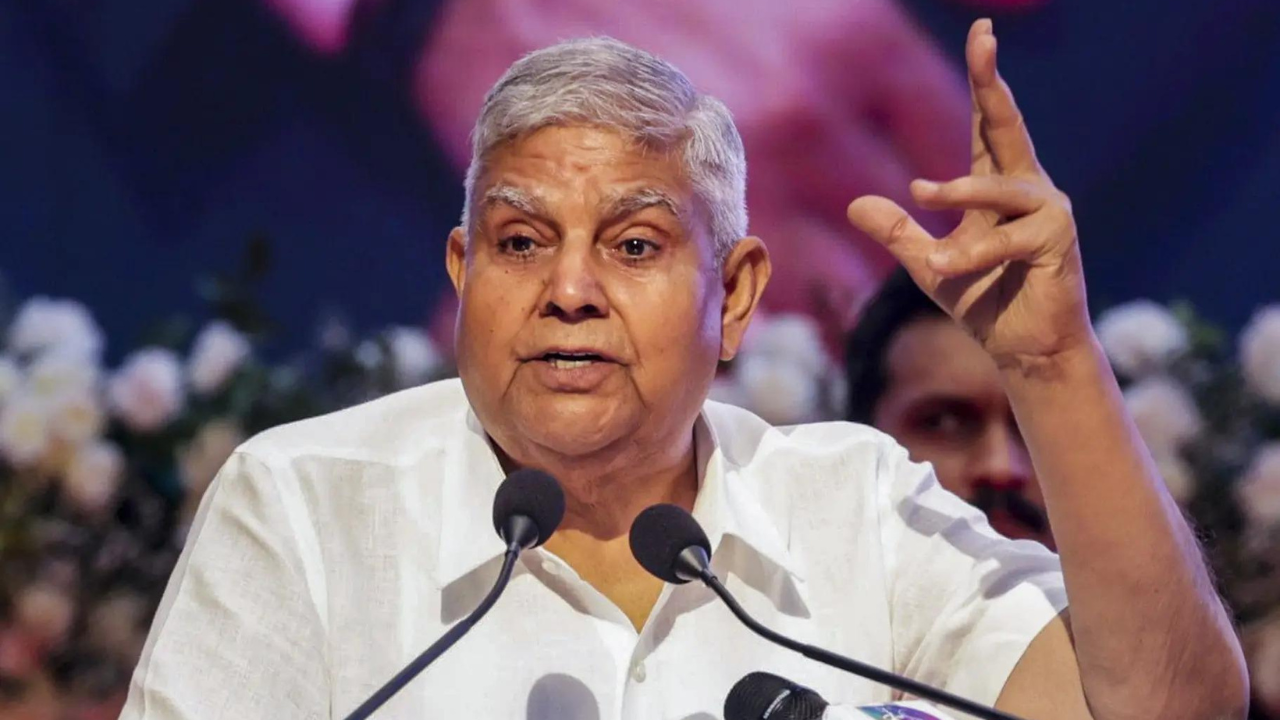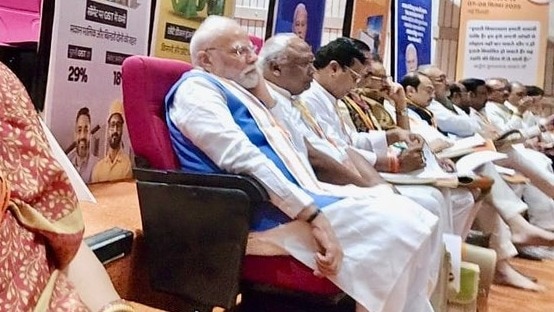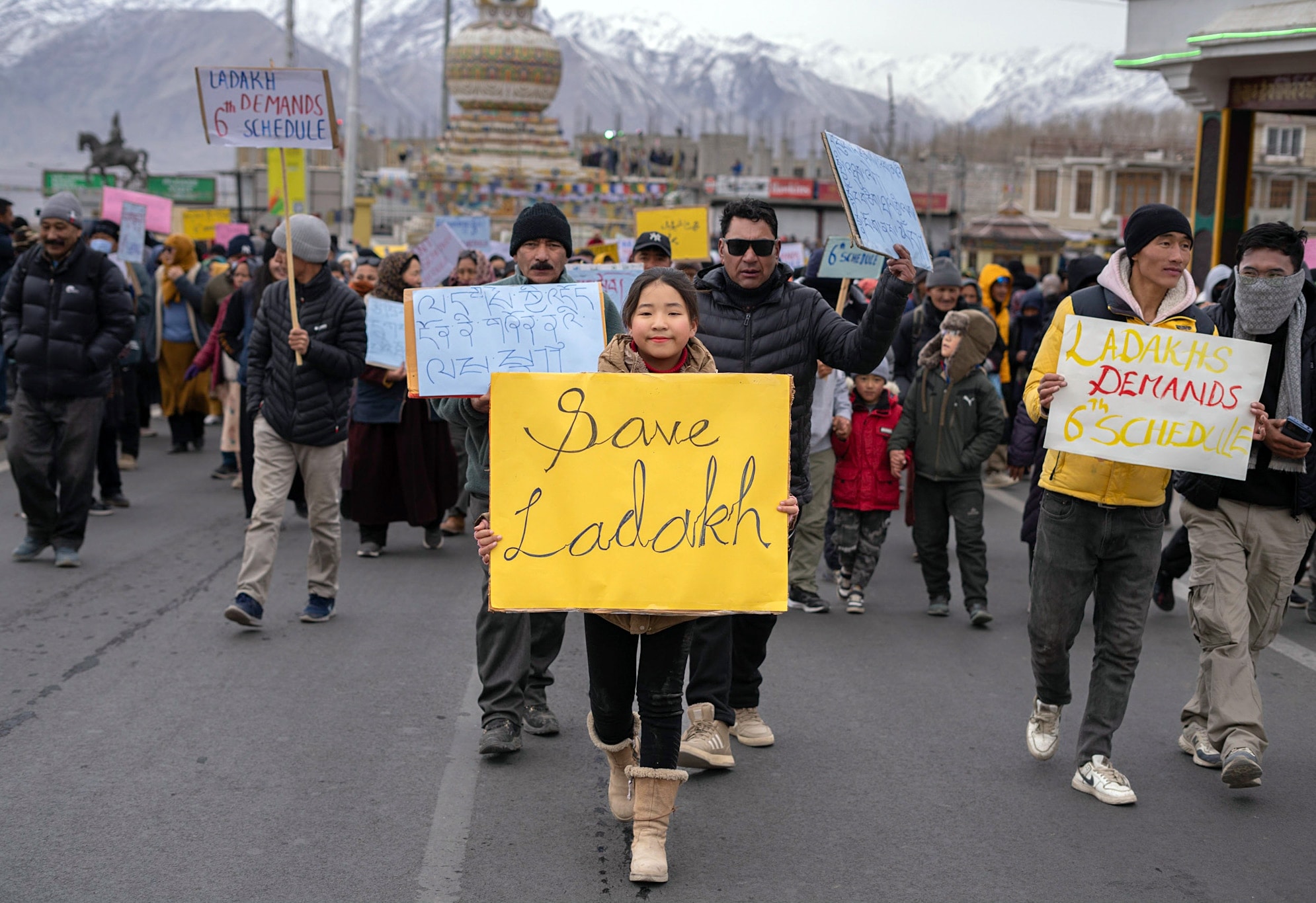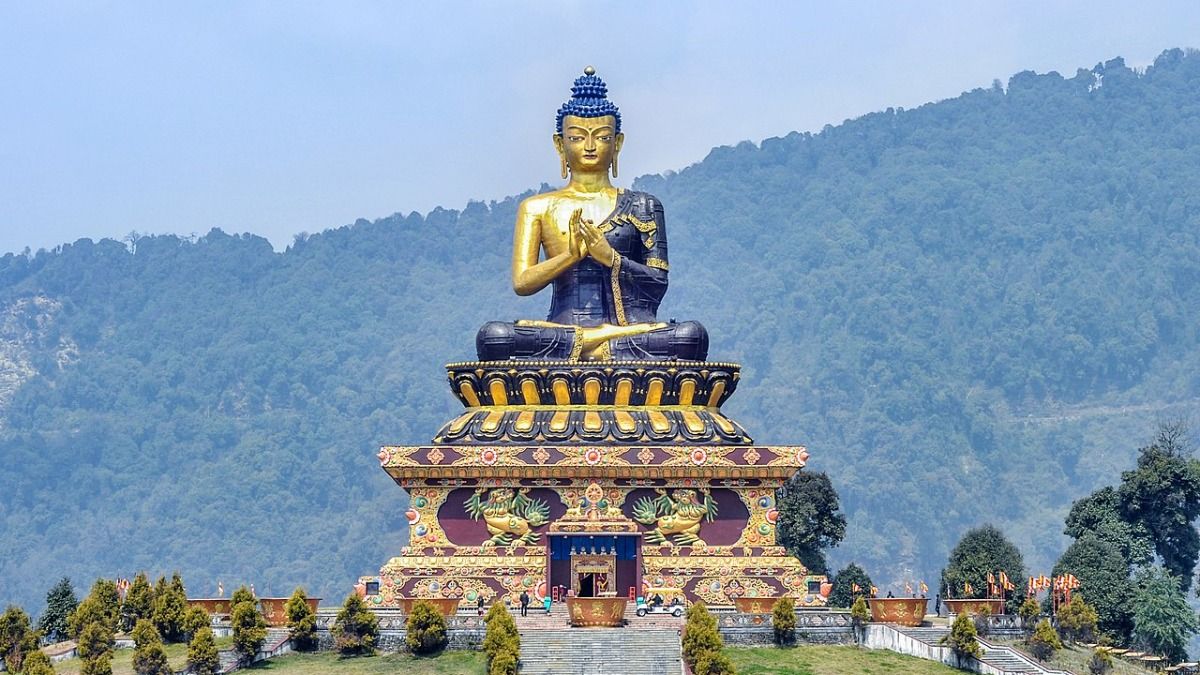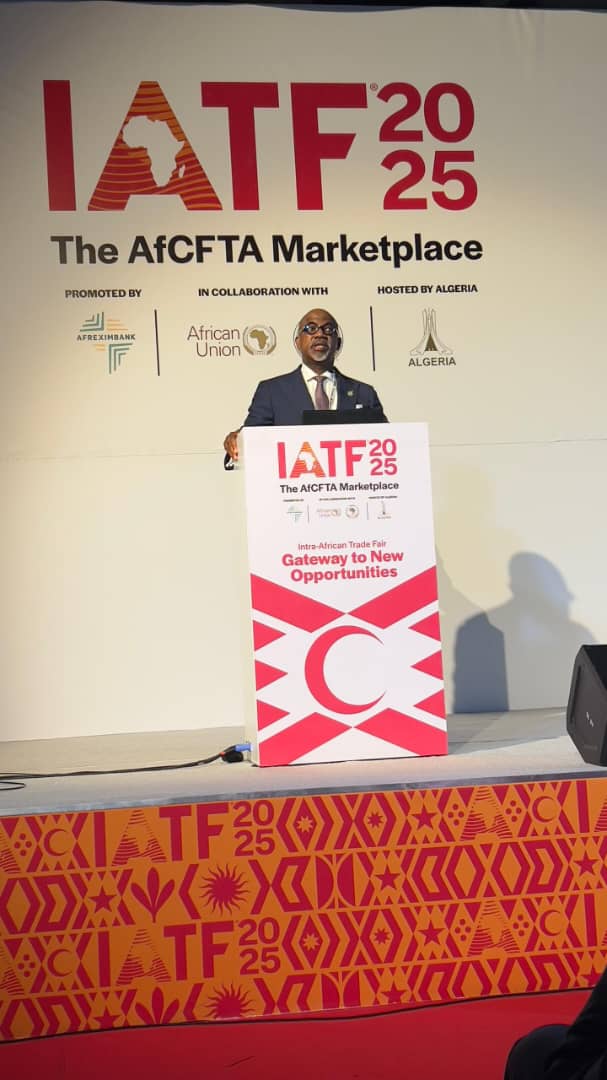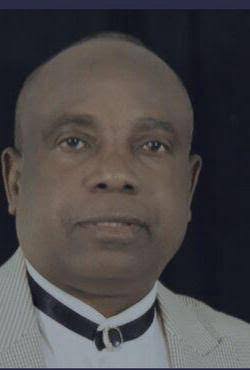Pratul Sharma | MP |:July 22, 2025 : “I will retire at the right time, August 2027, subject to divine intervention,” Vice President Jagdeep Dhankhar had said at an event in Jawaharlal Nehru University on July 10. That “divine intervention”—metaphorical or otherwise—arrived sooner than expected. Less than two weeks later, Dhankhar’s abrupt resignation has left the political fraternity stunned.
His three-year tenure, already marked by unprecedented events, now includes two historic firsts: he became the first Vice President to face a no-trust motion from the Opposition and the first to resign midterm—citing “health reasons.” Previously, only V.V. Giri and Bhairon Singh Shekhawat had resigned, and in both cases, it was to contest the Presidential election.
Timing Raises Questions
The timing of the resignation, at the very onset of the monsoon session of Parliament, has posed a new challenge for the government, especially given the already tense relationship with the Opposition. Although there is no fixed constitutional timeline for electing a new Vice President, the Rajya Sabha will now be chaired by Deputy Chairman Harivansh Rai Singh until further notice.
Dhankhar, a Jat leader from Rajasthan known for his vocal and often controversial stance during his tenure as West Bengal Governor, continued to draw headlines as Vice President and Rajya Sabha Chairman. His resignation two years before the end of his term has inevitably fueled speculation.
The Real Trigger?
On Monday, the first day of the monsoon session, 145 Lok Sabha MPs—some from the Opposition—submitted a motion seeking the impeachment of Justice Yashwant Verma after large quantities of burnt cash were allegedly found at his residence. In the Rajya Sabha, 63 Opposition MPs submitted a similar motion.
Congress MP Jairam Ramesh stated, “63 Rajya Sabha MPs belonging to various Opposition parties submitted a notice of motion to the Chairman, Rajya Sabha, for the removal of Justice Yashwant Varma under the Judges Inquiry Act, 1968. A similar motion for the removal of Justice Shekhar Yadav had been submitted way back on December 13, 2024.”
Dhankhar admitted the motion and directed the Secretary General to begin the proceedings. But with only Opposition MPs signing the motion, it caused immediate unrest within the ruling party camp.
Opposition leaders met Dhankhar around 6 PM on Monday. Just three hours later, his resignation was announced via his official social media handle. Known to be a strict follower of parliamentary rules, this sudden exit has raised eyebrows and set off intense speculation.
Flashpoints with the Government
Dhankhar’s assertiveness occasionally led to friction even with his own party. Last year, during a public event, he questioned the government’s agricultural policies in the presence of Union Agriculture Minister Shivraj Singh Chouhan—only to later praise Chouhan as a “favourite of farmers.” The contradictions were notable.
Dhankhar’s roots trace back to the socialist movement. He entered politics on the insistence of former Deputy Prime Minister Chaudhary Devi Lal and has been a practising Supreme Court lawyer. He served as an MP from Jhunjhunu (Rajasthan) and as a state MLA before joining the BJP in 2003. He headed the party’s legal cell and became Governor of West Bengal in 2019, where his frequent run-ins with CM Mamata Banerjee dominated headlines for three years. In 2022, he was nominated—and elected—as Vice President.
Health or Politics?
Though the official reason cited is health—he was admitted to AIIMS with chest pain in March—Dhankhar had been attending public events and travelling regularly since. His departure comes amid politically sensitive developments, and many now await whether he will speak candidly about what prompted his resignation.
Meanwhile, the Opposition is expected to seize the opportunity to press the government for answers, potentially turning Dhankhar’s departure into a larger political flashpoint in an already charged atmosphere.
The political drama, it seems, has only just begun.


